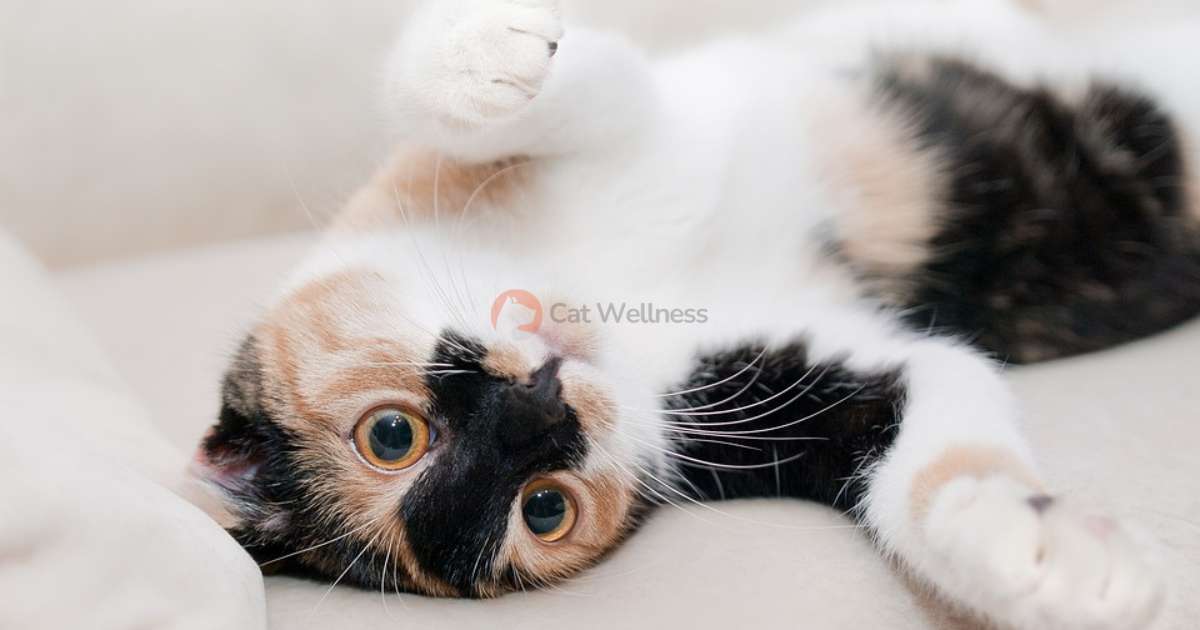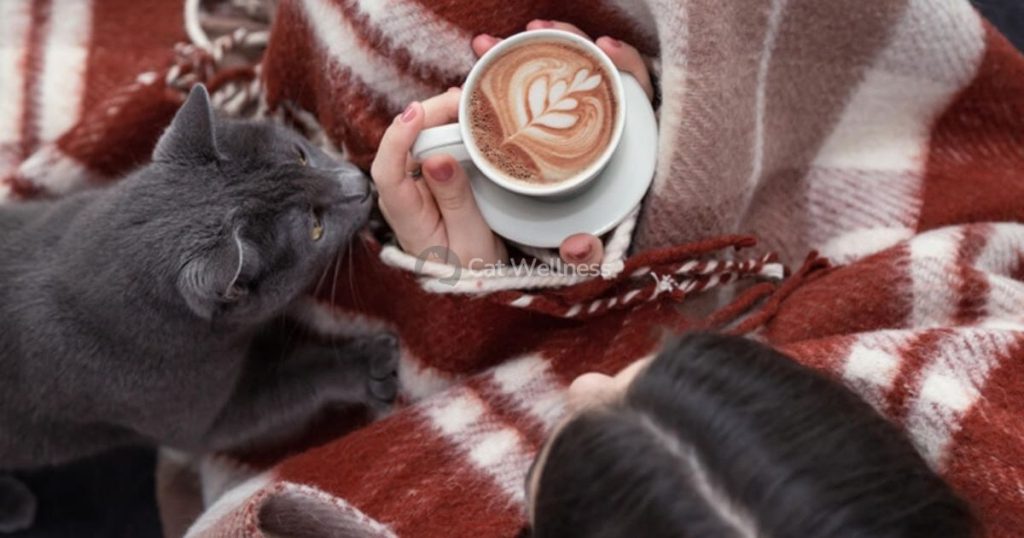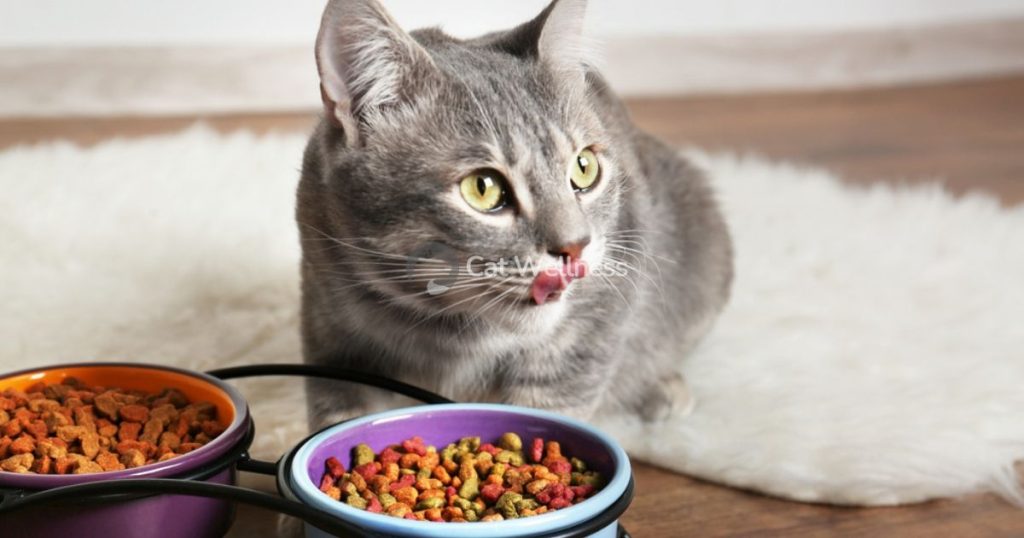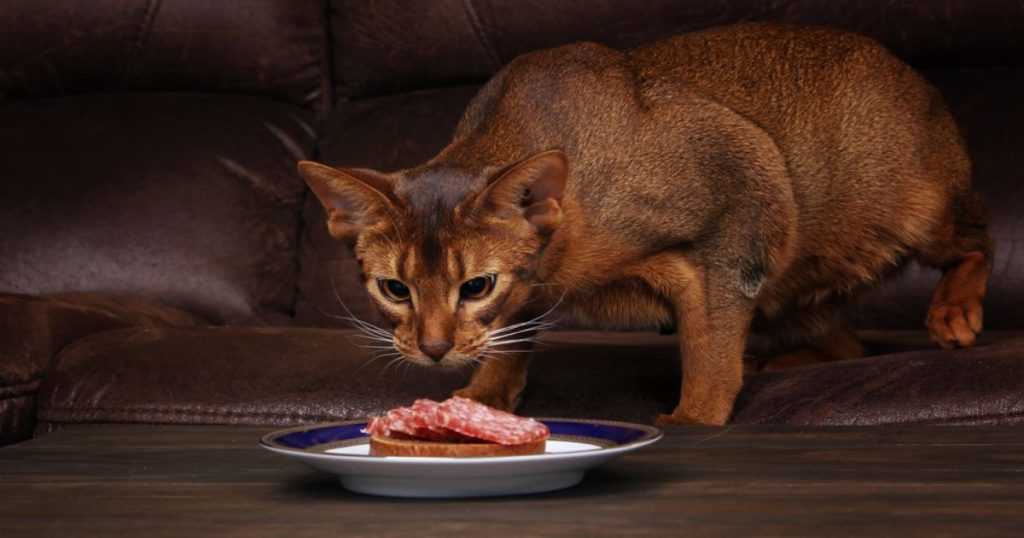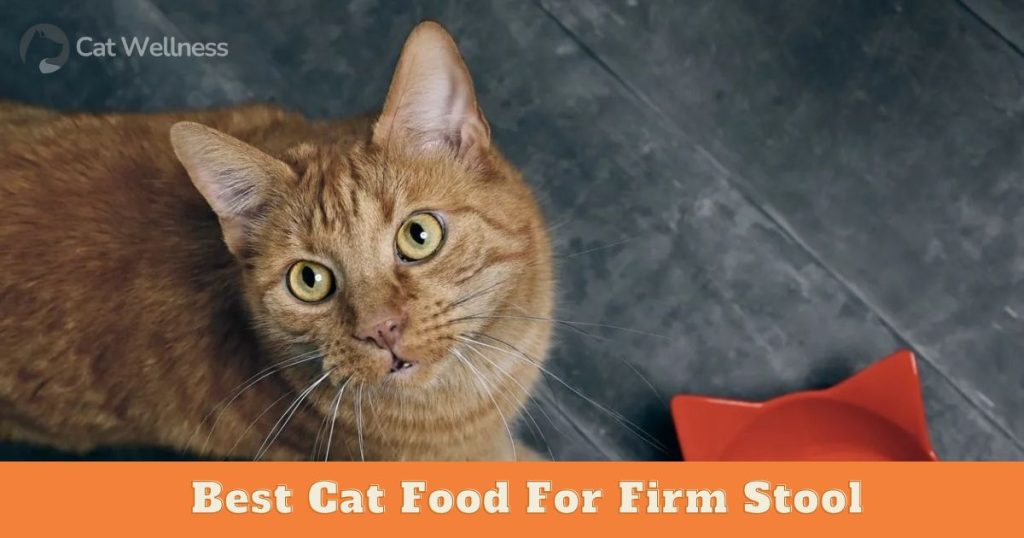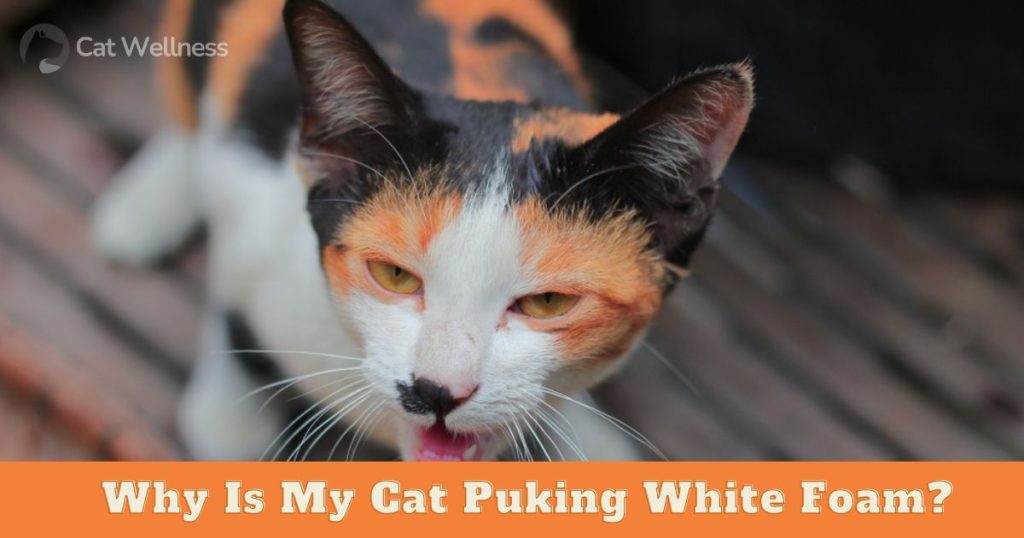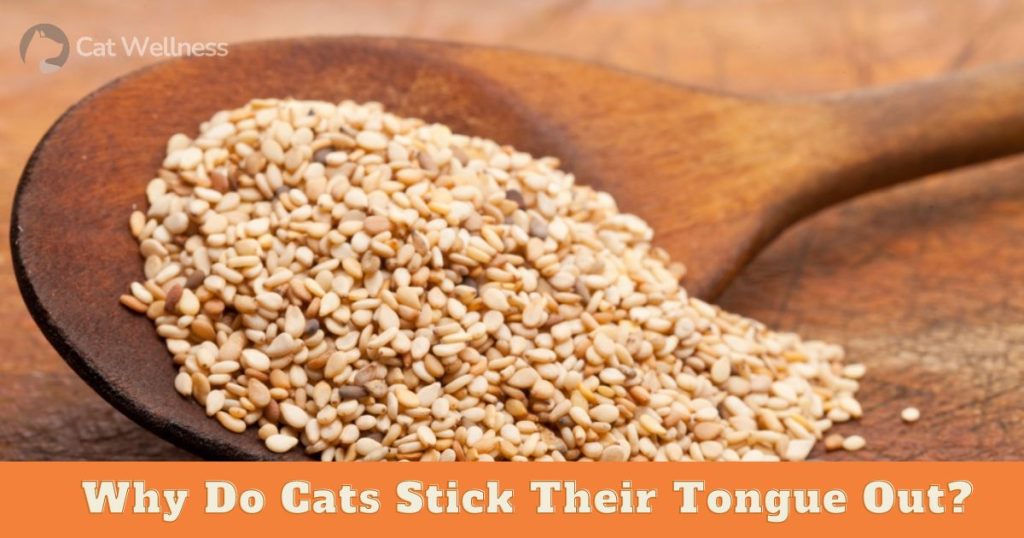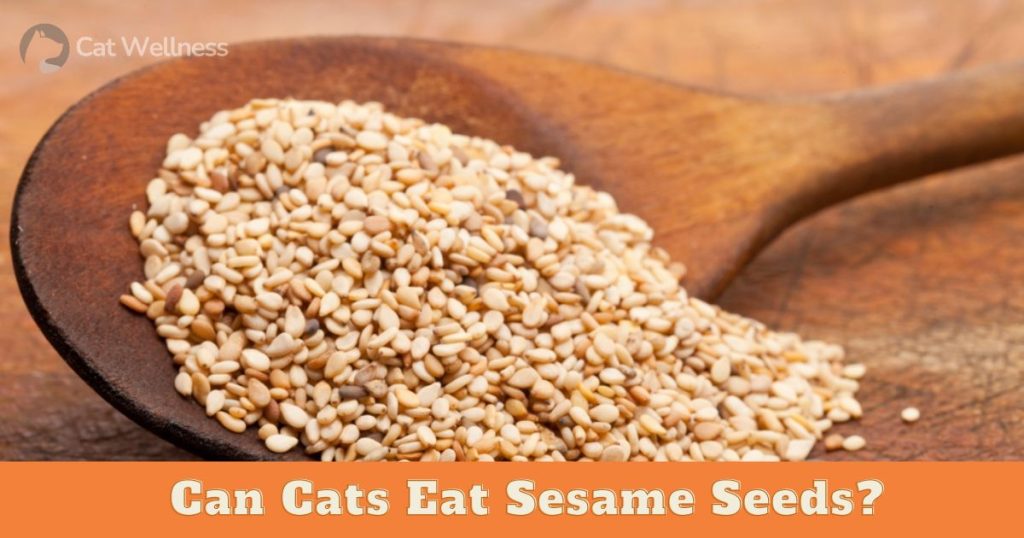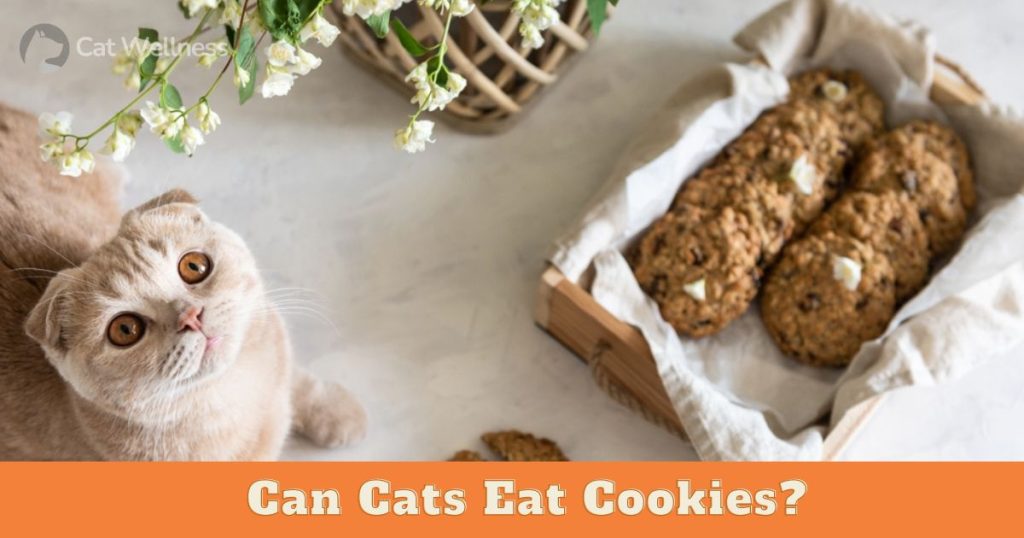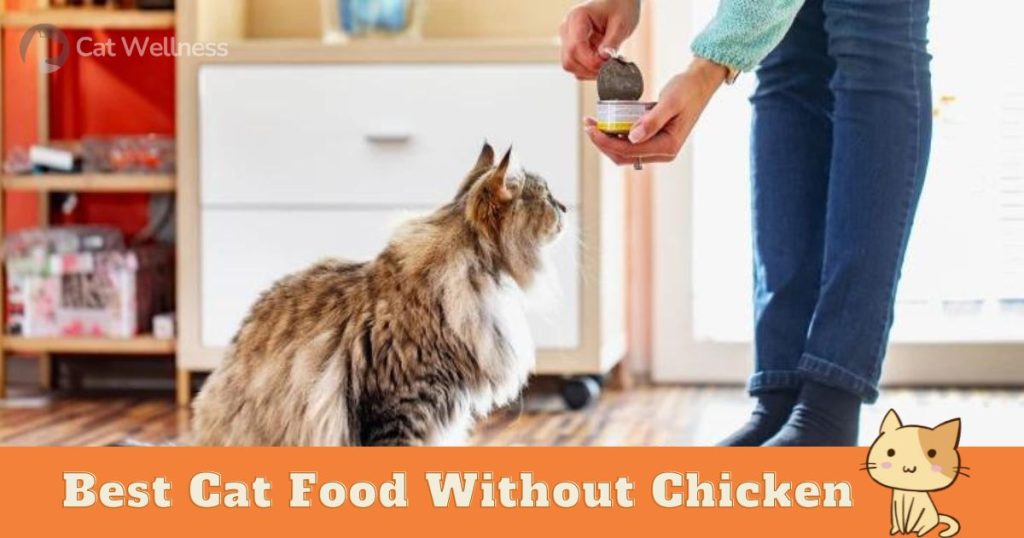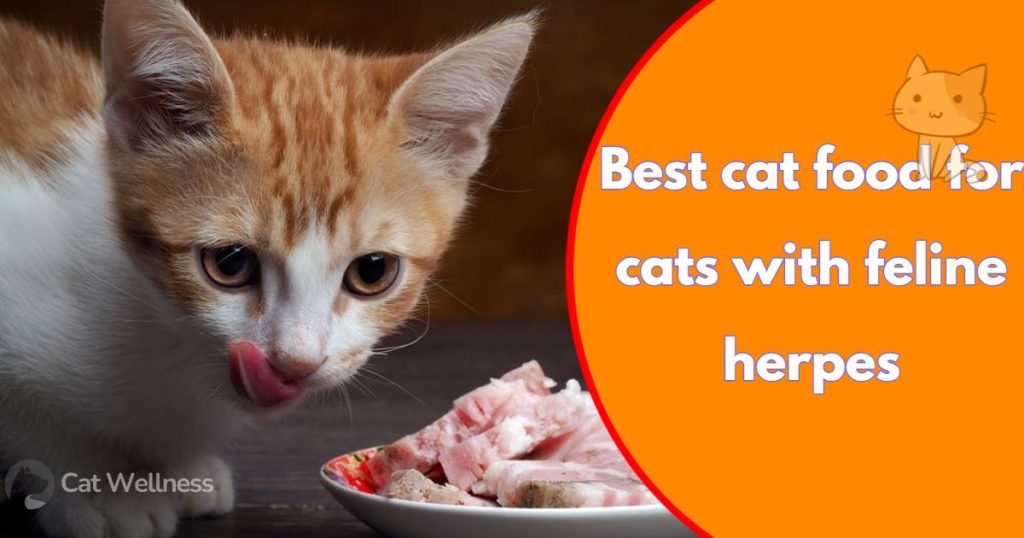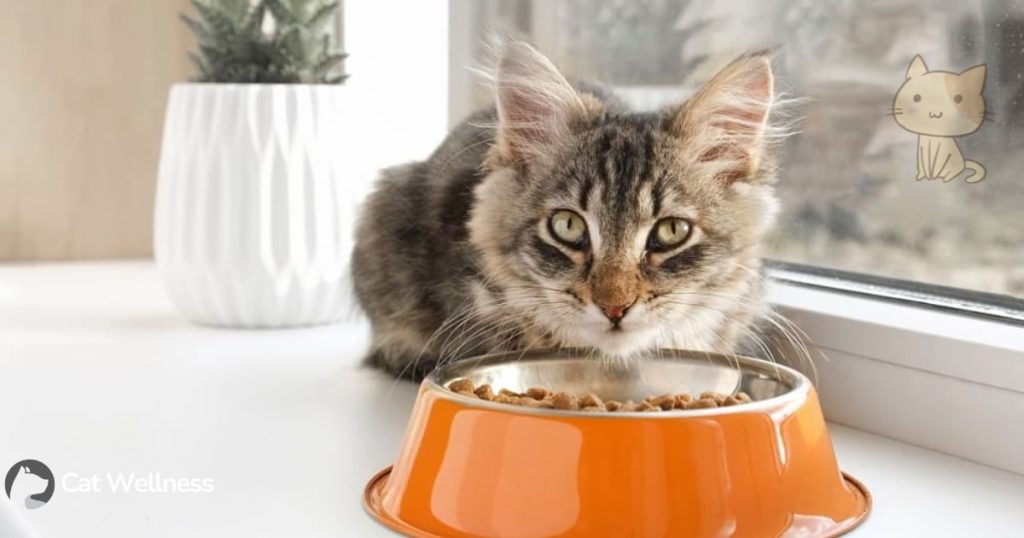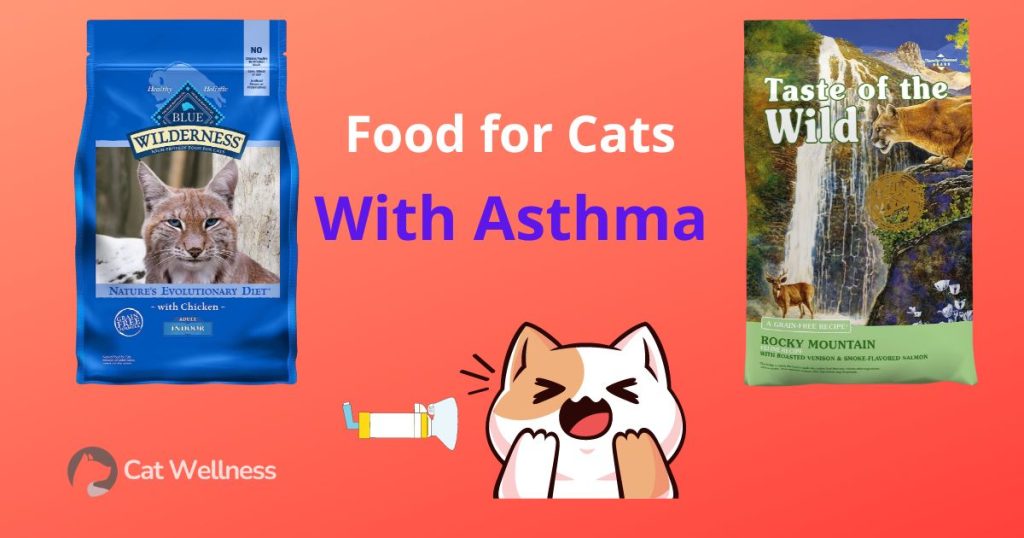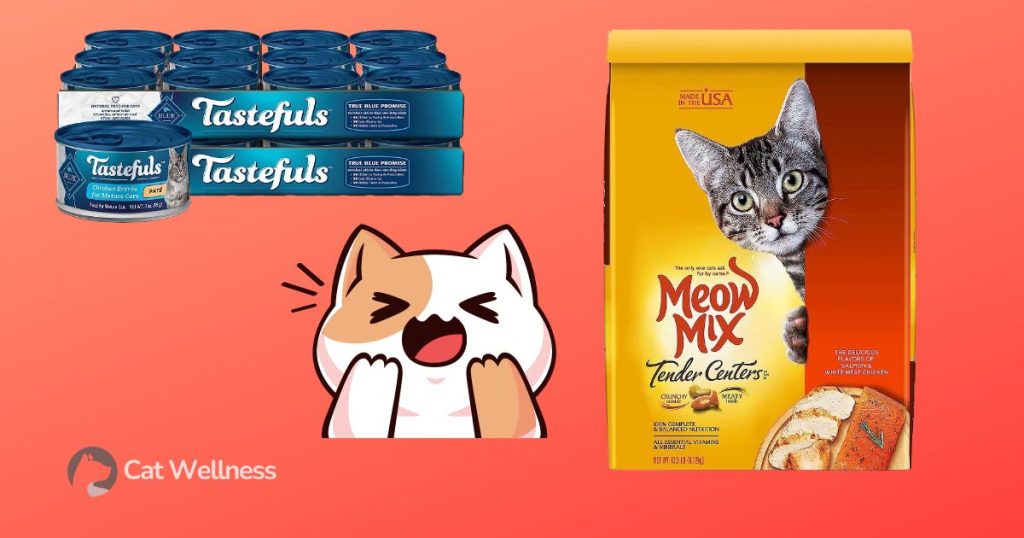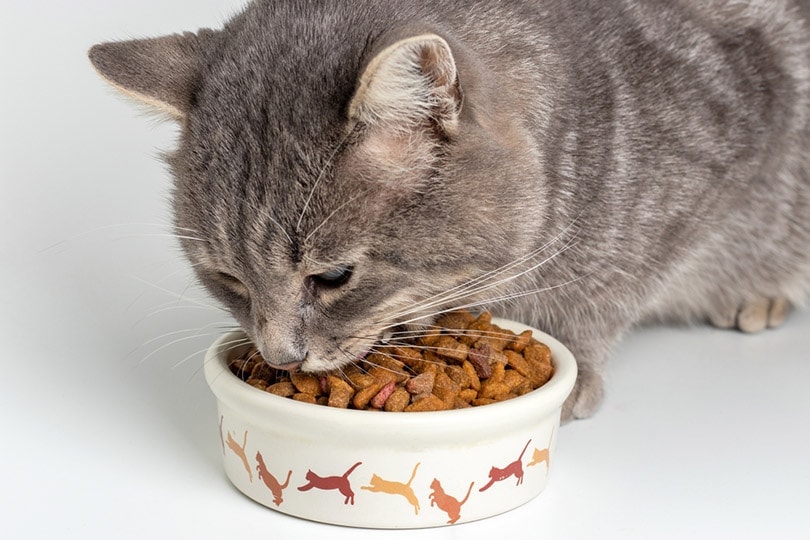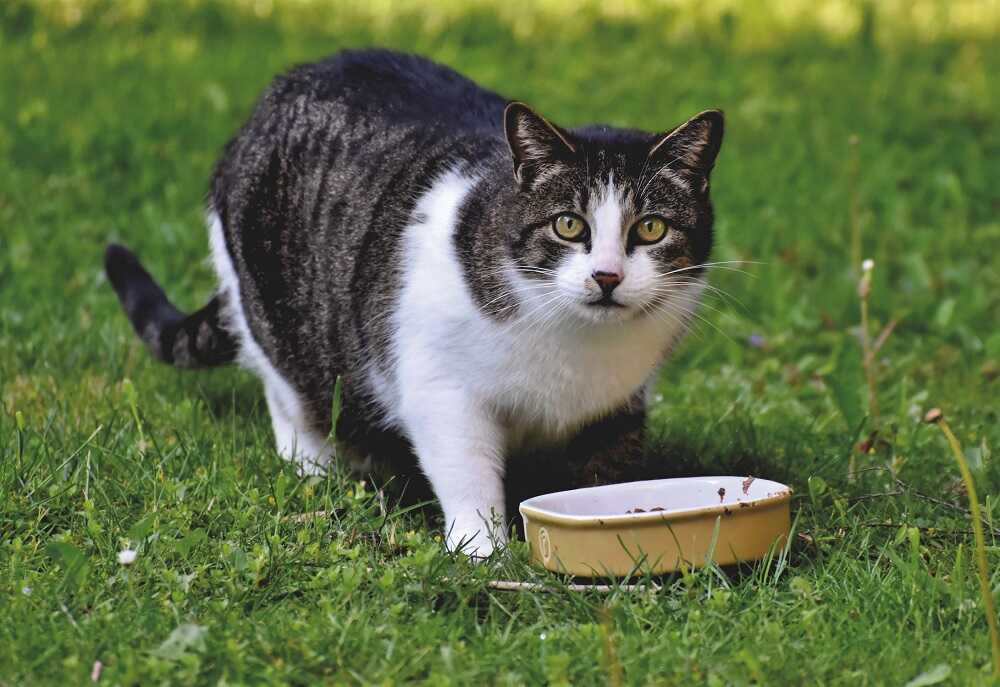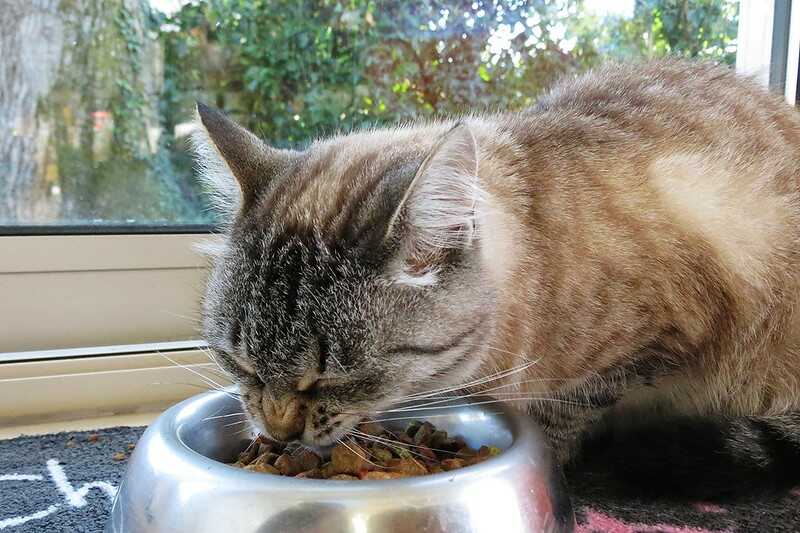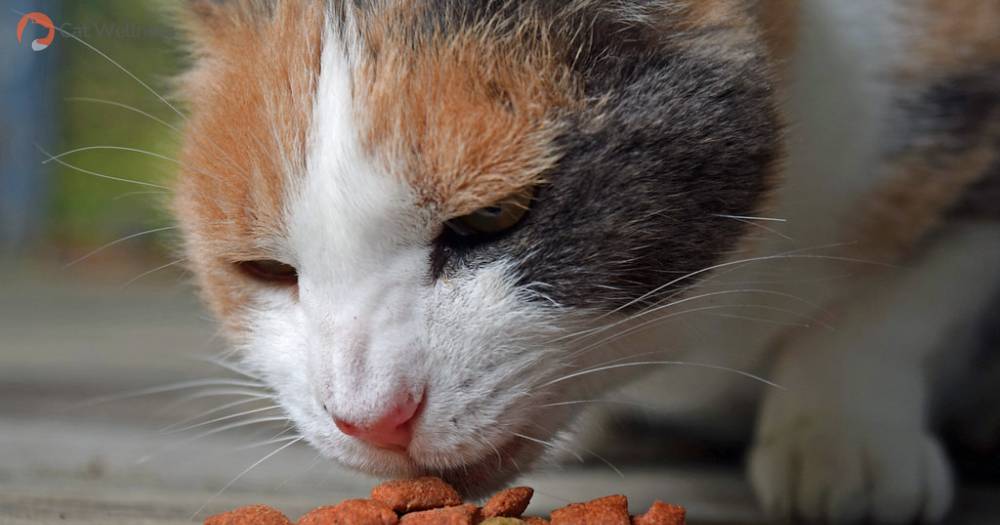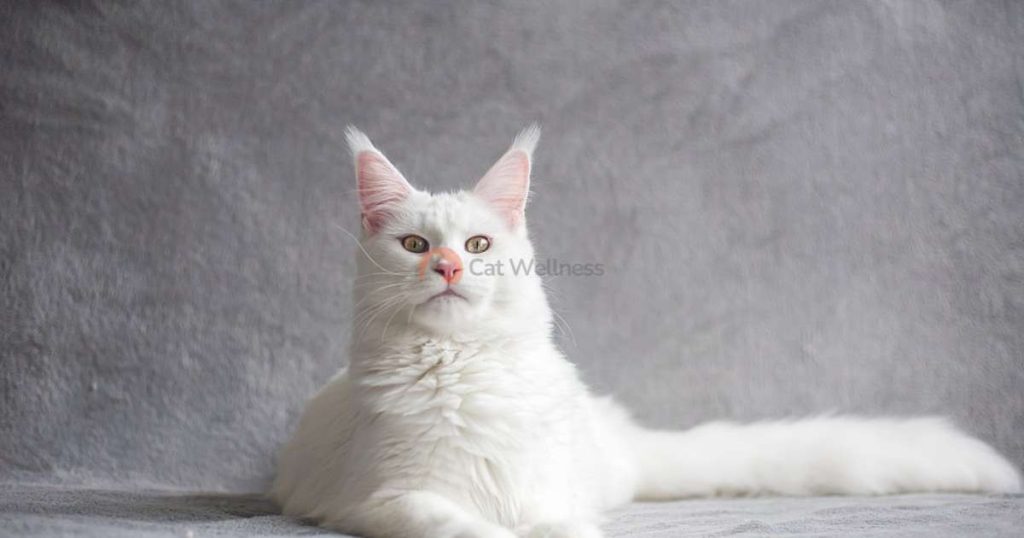With the benefit of higher water content and nutrition, wet cat food is one of the top foods to feed the cat. Despite its wonderful nourishment, some cat owners still wonder about the effect of wet food on the cat’s stool.
So, does wet cat food cause soft stool? Well, no, wet food does not cause soft stool. Despite its considerable water content, this type of meal is not the direct reason for soft stools. However, there are other things you must take into account to ensure cat food is safe for your pet.
Let’s dig into it now!
Does Wet Cat Food Cause Soft Stool?
Wet cat food is not the reason for the soft stool. A dietary change or excessive eating typically produces loose stool, which will resolve within a couple of days. Consult the veterinarian for your pet if time passes by, and your pet has not returned to its normal state.
What Composes A Cat’s Stool?
Waste products from meals, dead gut flora, potentially absorbed diseases or poisons, and water makes up feces. Normal stools include around 75% water.
When this percentage rises, runny stools or diarrhea happen. This may happen as a result of germs or dietary allergies that disturb the digestive system.
The meal may pass through the digestive system too quickly, leaving insufficient time for the large intestine to absorb all the extra water.
Another issue can be that while water leaves the body and enters the digestive system, the amount of water in the feces increases.
Constipation happens when the feces has insufficient water, making it difficult and uncomfortable for the pet to pass. The body controls water absorption through the cat’s colon to ensure that the right quantity is taken in.
In response to wet meals, the cat’s body absorbs extra moisture. Consequently, moist food doesn’t result in soft or loose stools.

What Leads To Cats Having Loose Stools?
The cat may consume food that is difficult to digest, irritating the intestines and leading to watery feces. Proteins from plants frequently bring on soft or loose stools.
Milk is usually given to cats. However, because they have difficulty digesting it, it can lead to digestive problems. The digestive tract may become irritable, which will cause it to move meals through too rapidly. Nutrient shortages may result from insufficient time for the nutrition to be fully absorbed.
Cats’ stomachs are not able to sustain their normally high levels of acidity when they consume large amounts of plant-based foods. The stomach begins to alkalinize.
It is far more likely that your pet will become unwell from consuming bacteria contained in the food if its stomach has grown more alkaline when it captures and devours a bird or mouse. Soft stool or diarrhea will probably develop from this and need medical treatment.
Infections can also spread from one to other felines or from organic particles and bird droppings. The contracted bacteria or viruses might harm the gastrointestinal system and cause runny stool.
Another frequent cause of soft stools or diarrhea is the presence of parasites, for example, worms. A visit to the vet is the first thing to do then, though some home remedies for diarrhea might help.
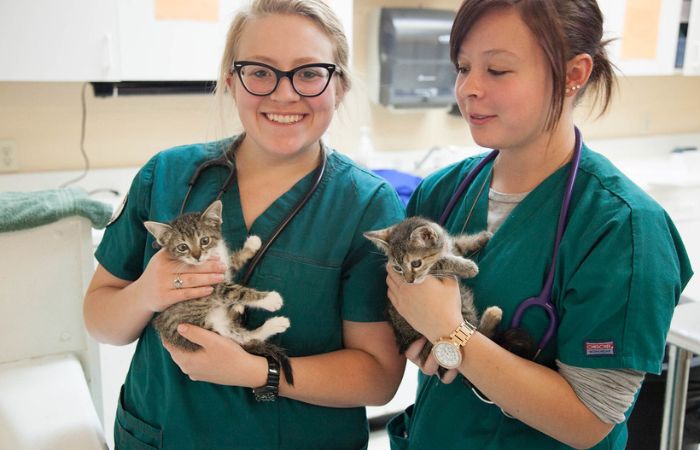
How Can I Make My Cat’s Poop Firmer?
Alternate Your Cat’s Diet
It is unnecessary to stop feeding cats who have soft stools. It does not help them at all.
Even worse, it can prevent the digestive system from healing itself and put your pet at risk of hepatic lipidosis, a potentially deadly form of liver diseases. Remove snacks and concentrate solely on nutritious food.
If you alter your pet’s diet, return to the previous dish to see if the soft stool status goes away. If yes, the ingredients from the new food might be the ones causing the digestion trouble.
Even when you provide food from the same food company with the same food type, buy a new batch to eliminate the risk of contamination.Besides, after your cat is back to normal, don’t forget to check what cats should eat daily to better protect your pet.
Encourage The Intake Of Electrolytes And Water
Don’t ever think that felines with watery feces need less water! It can’t stray further from the truth. As your four-legged friend can’t absorb enough water while extracting excessive liquid out, dehydration is inevitable.
To avoid this, cats experiencing soft stools need to drink enough water. Keep the water bowl full of clean, fresh water, and think about including an additional bowl with electrolyte supplements.
Also, beef broth or diluted chicken broth is of great help. A canned diet is another simple approach to enhance your pet’s water consumption.
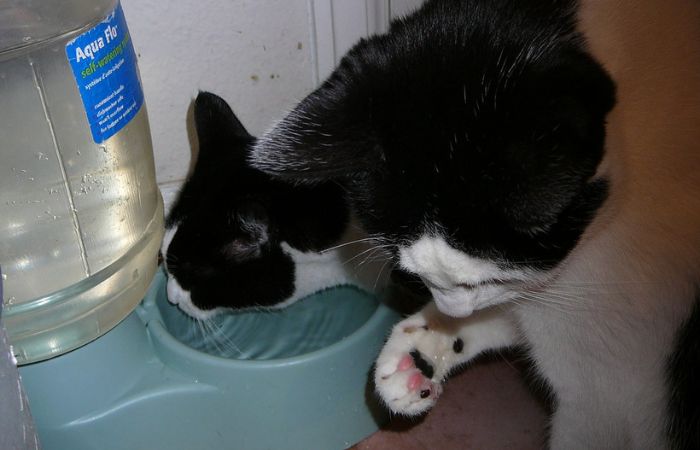
Fiber
A low-fiber diet can help your cat poop firmer. You should seek foods with sensitive stomach labels to use for cats. Or the one advertised as highly digestible can be a good choice too.
Probiotics
Normal digestion in cats depends on the healthy bacteria in their intestines. When they have a problem, for example: insufficient, your pet’s soft stool occasionally persists long after the major injury has subsided. Therefore, using probiotic supplements will help your feline’s digestion recover.
Anti-Diarrheal Drugs
If the soft stool symptom does not stop, you need to consult a veterinarian to use some medication like anti-diarrheal drugs.
Conclusion
Until now, you know exactly the answer to the question: does wet cat food cause soft stool? Well, no.
The diet change, medical problem, etc., are mostly to blame for soft stools. The best method is to get the veterinarian’s advice if the status does not reduce after you have tried everything with all-out effort, especially for old or young cats.
Recommended Reading

